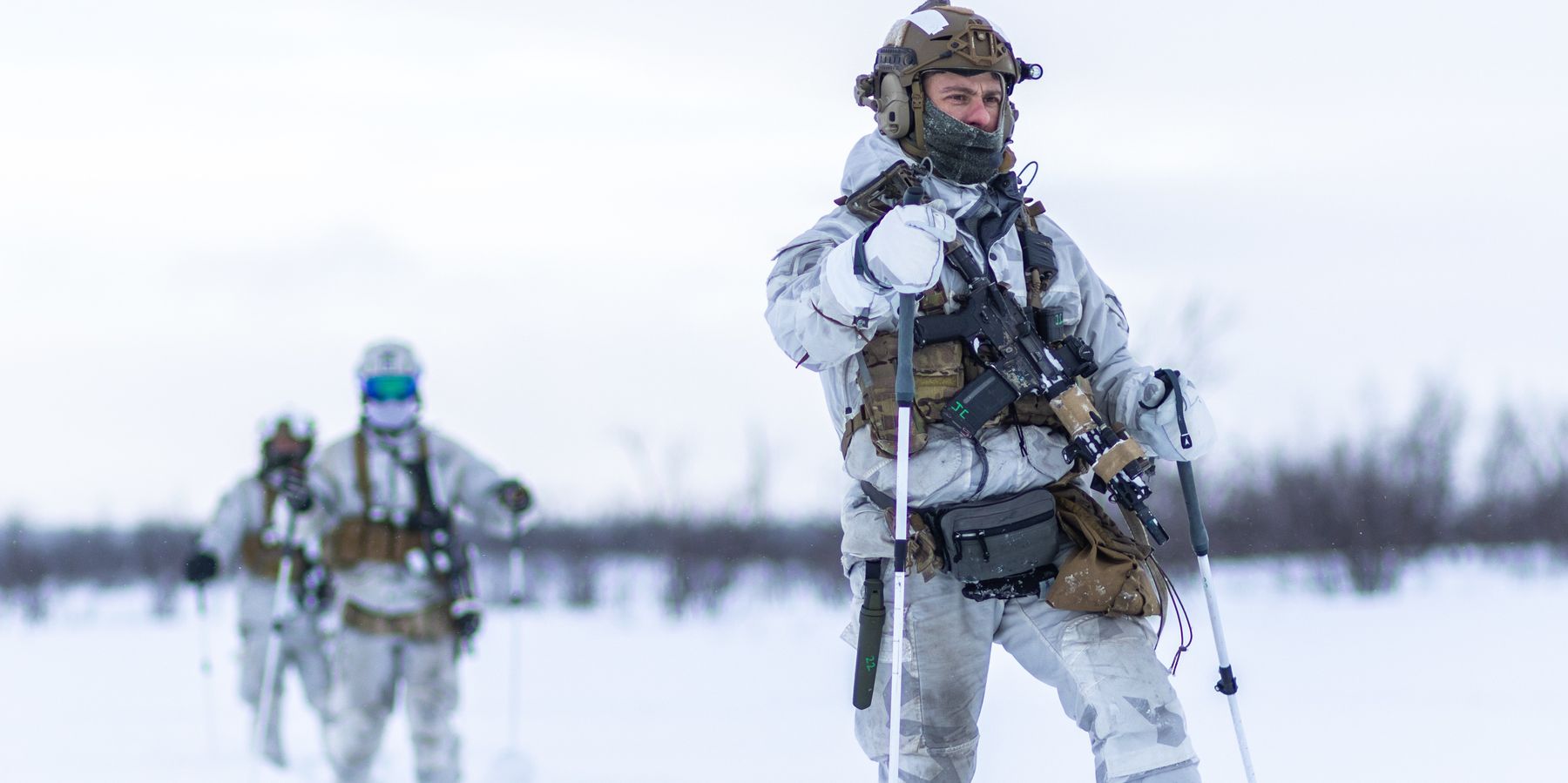As NATO commemorated its 75th anniversary this month, the direction of the alliance’s posture toward the Arctic region has been called into question.
The recent accession of Sweden means that seven of eight of the world’s Arctic nations fall under NATO’s security umbrella, with Russia being the outlier. While some analysts see the addition of Sweden and Finland as an opportunity for NATO to “increase its footprint” and “deter Russia,” the last thing the alliance needs is to scour for another avenue for confrontation with Russia.
Sweden and Finland’s NATO membership undoubtedly affects the alliance’s influence in the Arctic. In March, over 20,000 NATO soldiers from 13 nations, including Finland, Sweden, and the United States, participated in the latest leg of the ongoing Nordic Response 2024 exercise in Norway. Additionally, over 50 frigates, submarines, and other vessels, as well as over 100 aircraft, were involved in the exercise. Ultimately, Nordic Response 2024 will involve over 90,000 troops from all 32 NATO allies.
Defensive exercises are a necessary feature of NATO’s newly increased Arctic presence, but the Russian threat in the Arctic should not be inflated.
The Arctic served as a frontline in the confrontation between NATO and the Soviet Union during the Cold War. Over several decades, Russia has revitalized Soviet-era Arctic bases, which outnumber NATO’s by about a third. In recent years, Russia has launched significant investment projects and built up its military presence in the Arctic as it develops a crucial northern maritime route linking Asia and Europe. The United States only has one operational heavy icebreaker — compared to the 40 that Russia currently maintains.
Irrespective of hawks sounding the alarm about Russia’s supposed “militarization” and “dominance” of the Arctic, Russia retains a relative incapacity to threaten a conventional military land incursion into European Arctic territory. Moscow’s military efforts in the Arctic have been mainly defensive in nature as it has established multi-layered anti-access, area-denial (A2/AD) capabilities around the Kola Peninsula, a fundamental Russian interest.
Such developments pose little threat to the United States and its NATO allies, especially as Russia is bogged down in Ukraine.
Moreover, given that Russia’s Arctic coastline is ten times longer than America’s, the “icebreaker gap” is to be expected. Russia’s fleet of icebreakers is primarily dedicated to escorting commercial shipping through dangerous polar seas. Otherwise, it performs the same missions as the U.S. Coast Guard: “search and rescue, anti-smuggling, oil spill response, and resupply of remote coastal communities and polar research stations.”
Regarding force projection capabilities, the American-dominated NATO nuclear submarine fleet outmatches the opposing Northern Fleet of the Russian navy.
On top of NATO’s military capabilities, the alliance’s most influential member, the United States, has placed little military importance on the Arctic. Russia’s inability to pose severe threats in the Arctic has led to the region appearing at the bottom of the list in the 2022 Biden-Harris National Security Strategy (NSS) overview of regional policies. In addition, the document lacks any language regarding deterring threats to Arctic allies and partners.
Rather than seeing the addition of Finland and Sweden as an opportunity to increase the militarization of the Arctic, NATO should work toward utilizing working groups like the Arctic Council to forge multilateral arrangements to reduce tensions, avoid crises, and mitigate the risks of conflict through an accident or miscalculation.
In February, Russia suspended annual payments to the Arctic Council until "real work resumes with the participation of all member countries.” Yet, while Russia removed several listed multilateral formats from its official Arctic strategy, it kept the point of “the Arctic Council as the key regional platform coordinating international activities in the region.” Thus, Russia doesn’t appear poised to form an alternative platform.
Tensions are high, and Arctic Council cooperation with Moscow effectively ceased after Russia invaded Ukraine in 2022. Despite this, the Council should refrain from pushing out the largest Arctic player and severing an essential communication channel. Deepening isolation has pushed Russia to look east for partners in the Arctic, namely China. Further ostracization will only incentivize Russia to coordinate more with Beijing in the region.
Russia and NATO share an interest in maintaining peace in the Arctic region. A war in such terrain would be extremely costly and difficult for both sides. Furthermore, the Arctic Council has facilitated the improvement of marine safety in the Bering Strait, where the U.S. and Russia share a maritime border. Communication channels and shared objectives must also be kept open to keep the peace there.
Amid a worsening situation in Ukraine, escalation in the Arctic region would do no favors for the United States or its NATO allies. Russia’s considerable influence in the Arctic is not going to change in the near future. Therefore, taking advantage of existing channels will enable the West to signal to Russia that NATO does not intend to engage in offensive operations but is fully prepared to defend its interests.
















